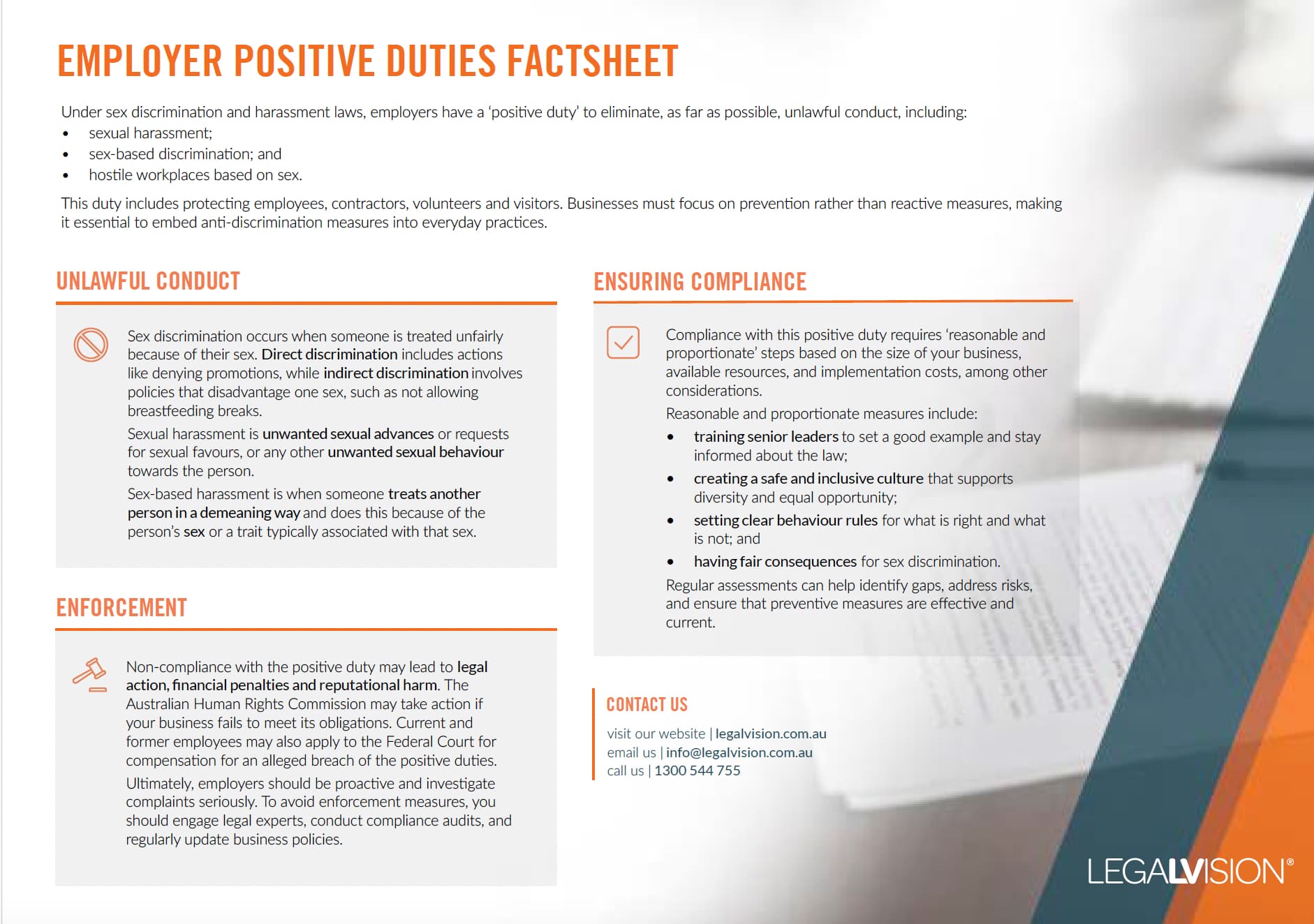In Short
-
NSW may reform workers compensation to better address psychological injuries, expanding coverage and speeding up claims for bullying or harassment.
-
Employers face higher premiums due to rising psychological injury claims, highlighting the need for stronger prevention and support measures.
-
A recent serious injury case in WA resulted in a large fine, emphasising the importance of thorough risk assessments, training and worker consultation.
Tips for Businesses
Review and update your workplace policies on bullying, harassment and psychosocial risks regularly. Conduct risk assessments carefully, especially for high-risk tasks and provide ongoing safety training. Engage workers often to improve communication and identify hazards early, helping prevent injuries and costly penalties.
On this page
Officers have an ongoing duty to ensure their organisations remain compliant and stay informed about work health and safety matters. This WHS update covers recent developments to help officers meet their obligations and stay current with WHS changes.
Legislative Update
The NSW workers compensation system may undergo a major restructure, significantly impacting claims for work-related psychological injuries.
Currently, only 50% of workers with psychological injury claims return to work within the first year, compared to 95% for physical injuries. Psychological claim costs have risen dramatically, with employers facing a 36% increase in workers compensation premiums.
The NSW government has proposed several amendments to the workers compensation scheme to improve prevention of psychological injuries and increase return to work rates, potentially reducing insurance premiums for employers.
We will continue to monitor and report on this matter, including whether the bill is passed.
Tips for Employers
These changes reflect the continued focus on both prevention and treatment of psychological injuries. As an employer, you should consider:
- reviewing internal systems and procedures for workplace bullying, harassment and excessive work demands;
- conducting regular psychosocial hazard training for workers;
- reviewing and updating policies on bullying, harassment and psychosocial risks;
- ensuring thorough documentation of psychosocial risk management; and
- maintaining regular consultation with workers to ensure clear communication.

This fact sheet outlines employers’ ‘positive duty’ under sex discrimination laws, highlighting proactive measures to prevent unlawful conduct.
Cases and Incidents
A worker in Western Australia suffered serious injuries in an incident described as entirely preventable, resulting in a $580,000 fine for the employer.
1. What Happened?
A worker was seriously injured when a large waste pit gate fell on him, causing multiple open fractures and other injuries. This led to the amputation of his left leg below the knee. The employer was aware of the method used by the worker to empty the waste pits at the time of the incident, despite it being reported as a two-person task.
2. What Was the Outcome?
The employer was fined $580,000 and ordered to pay $6,180 in costs. WorkSafe Commissioner Sally North stated that the incident could have been prevented if a comprehensive risk assessment had been performed at the workplace.
3. Key Takeaways
It was reasonably practicable for the employer to have conducted a comprehensive risk assessment. Any risk assessments that the employer undertook did not:
- consider the risk of the falling gate; or
- provide additional support mechanisms.
Additionally, a review revealed that no formal training had been provided to the injured worker or others on the safe emptying of waste bins.
Continue reading this article below the formQuestions?
If you need legal assistance with a WHS matter or need help identifying an officer, book a consultation call on Prism. As a member, you can request unlimited legal advice consultations.
We appreciate your feedback – your submission has been successfully received.












